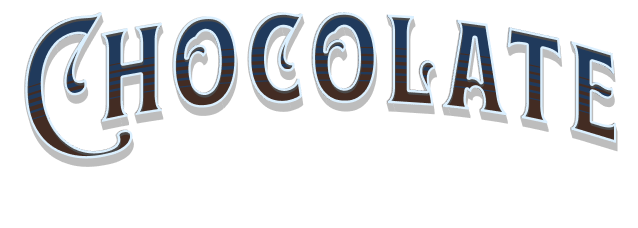Can I also ask you about experience in making raw chocolate from the bean without roasting? Some companys slightly roast them. Why?I have certainly talked about this in the past, but the questions keep coming in, so here is a bit more. .
First off, it is a potentially dangerous endeavor. Raw beans can contain both e.coli and salmonella. The beans are air dried on patios and everyone involved in the process assumes they will be roasted to kill anything present.
If by chance you are using clean beans, the raw beans will not winnow nearly as well as roasted beans and the lifetime on your blades will be less and separation may not be complete, causing you to have to screen the nibs, further increasing your risk of contamination. Roasted beans, even lighted roasted bean, separate better. .
As for processing and refining, the moisture in raw cocoa is too high in most cases to turn into liqueur. It will most likely cause your chocolate to seize as it starts to liquefy. Some people have some success with dehydrating beans, but roasting light also works. .
I have always found the flavor of raw chocolate to be very little like chocolate. Many of the flavors we note as chocolate are developed in the roasting process. Without roasting, everything I have tasted has been 'green' flavored, rather bitter and/or astringent and lacking in anything I think of as chocolate. .
Finally, whereas there is some data that supports there is more total antioxidants in some raw cocoa beans, compared to it's roasted counterpart, there is little evidence it is actually bio available. So in the final count you end up with a product that does not taste very good and is no better for you than tradition chocolate and in some case my be an actual health risk. That's my take on raw chocolate and why cocoa needs to be roasted.
—– Submit your Questions to the Alchemist: question(youknowtoremovethisright?)@chocolatealchemy.com —–
